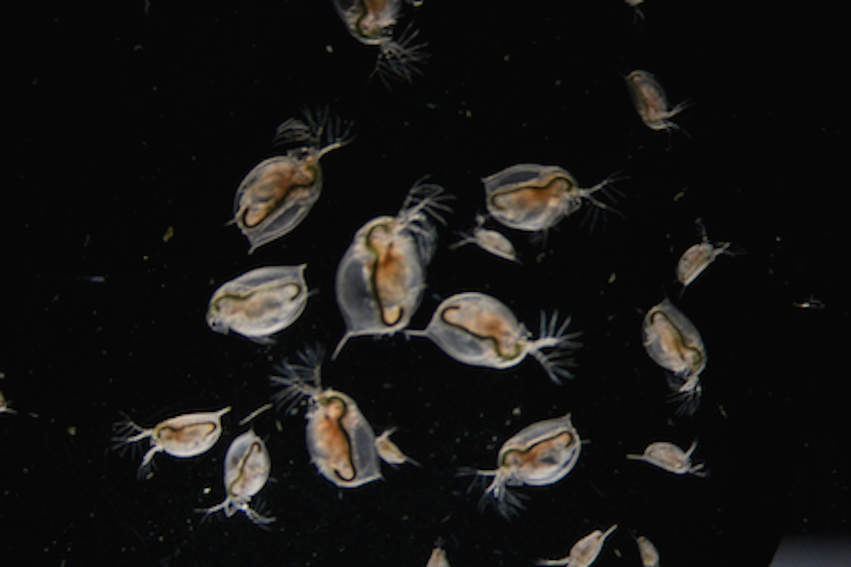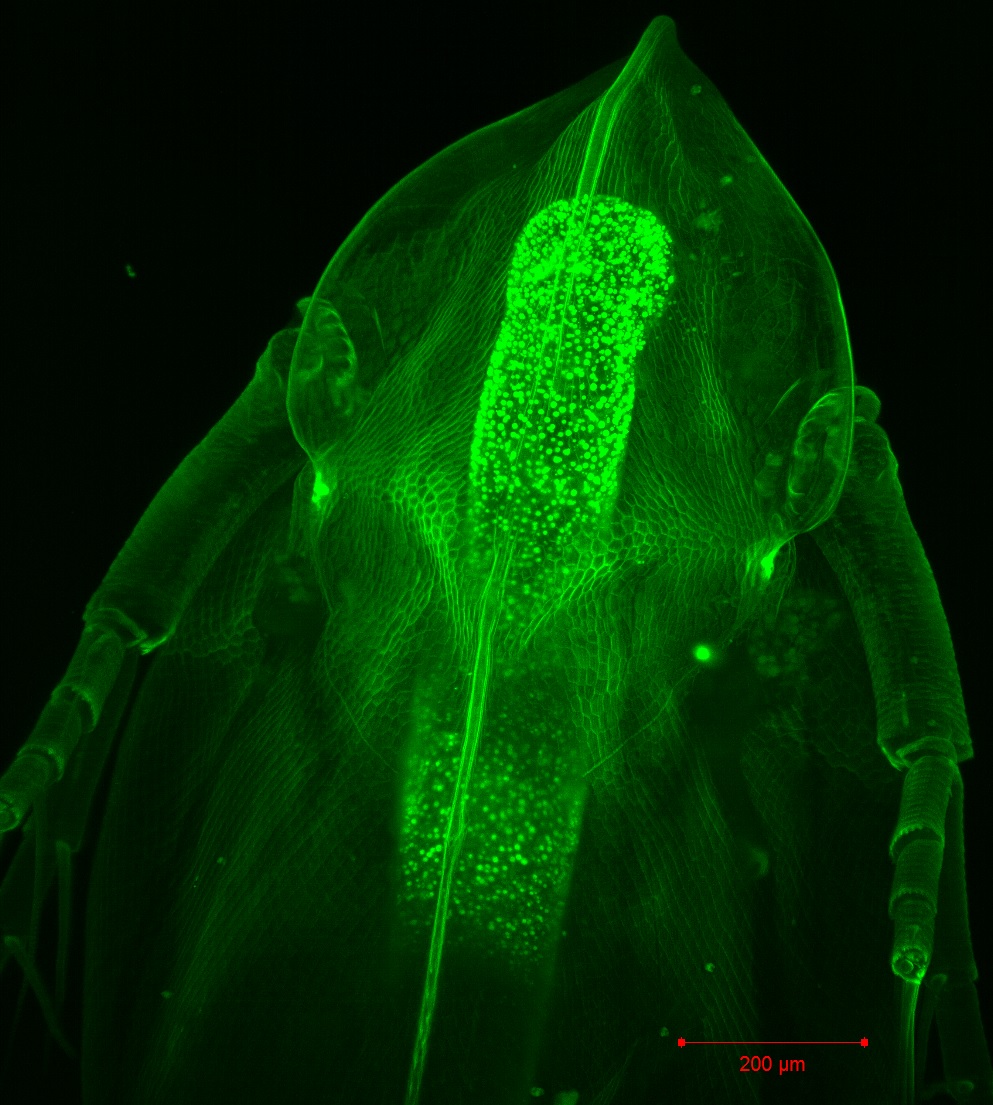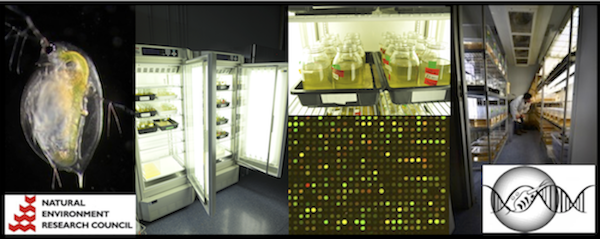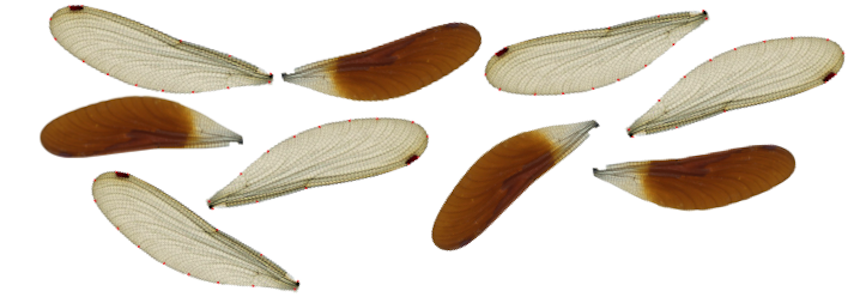
Liverpool, Sheffield, York and NERC's centre for ecology and hydrology (CEH) make up a new NERC doctoral training partnership - Adapting to the challenges of a changing environment (ACCE). It is the only NERC DTP that mainly focusses on biological aspects of environmental change. See here for full details.
Funding of tuition fees, research costs and stipend (£14,057 tax-free, 2015-16) is competitive based on candidate CV's and performance during interview.
This year two PhD project are available in the Plaistow lab as part of this scheme:
Funding of tuition fees, research costs and stipend (£14,057 tax-free, 2015-16) is competitive based on candidate CV's and performance during interview.
This year two PhD project are available in the Plaistow lab as part of this scheme:
Does phenotypic plasticity help or hinder rapid adaptation?
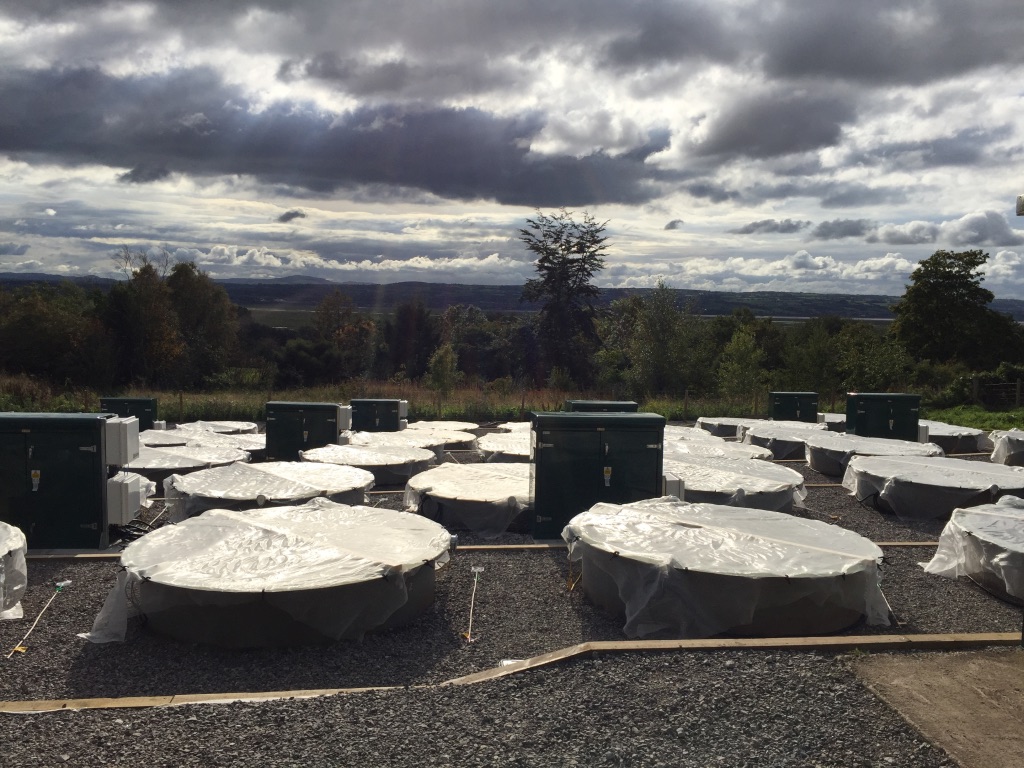
Background: Phenotypic plasticity is the ability of a single genotype to make different phenotypes in response to environmental variation. If all genotypes in a population respond to an environmental change in the same way plasticity can diminish the heritable phenotypic variation that selection acts on and slow down adaptation. In contrast, if all genotypes respond in very different ways, plasticity may speed up rapid adaptation. Whether or not plasticity helps or hinders adaptation therefore depends on the time that selection has had to shape the plastic responses of a population to the stressor it is facing. In this context, the effect that plasticity has on rapid adaptation could be quite different for populations adapting to aspects of climate change that have always been part of a population’s evolutionary history, compared with adaptation to ’novel’ anthropogenic environments such as pollutants. Clonal organisms allow us to test this hypothesis because we can expose the same genomes to different environments and compare the effect that they have on individuals, populations and communities.
Objectives: The aim of this project is to test the hypothesis that plastic responses to climate-related stressors slows down adaptation whereas plastic responses to ’novel’ environments speeds it up. You will then determine the relevance of your findings by comparing rates of adaptation in semi-natural, replicated populations exposed to combinations of stressors using a new state of the art mesocosm facility.
Novelty and timelines: Although there is some laboratory evidence that novel environments expose cryptic genetic variation to selection, we still have no idea how relevant this is in natural populations where phenotypes depend on adaptive and non-adaptive plastic responses to many environmental heterogeneities. Understanding these interactions will be critical for predicting how populations respond to environmental change.
The multifaceted nature of this project will give the successful candidate a broad training in modern biology techniques including field skills, microscopy, image analysis, omics, experimental design and high-level statistical analysis. The candidate will join a NERC-funded lab investigating mechanisms underpinning rapid adaptation, and be part of a vibrant ecology and evolution group in Liverpool’s Institute of Integrative Biology where unparalleled facilities for conducting this research are available.
Email Stew Plaistow if you are interested in applying or want to talk about any aspect of the project.
Application deadline: January 8th 2020. Applications (CV, letter of application, 2 referees) by email to iibapply@liverpool.ac.uk Interviews of shortlisted applicants will be sometime in the week, or shortly after the week of February 10th.
The project is also available to self-funded students. A fees bursary may be available.
